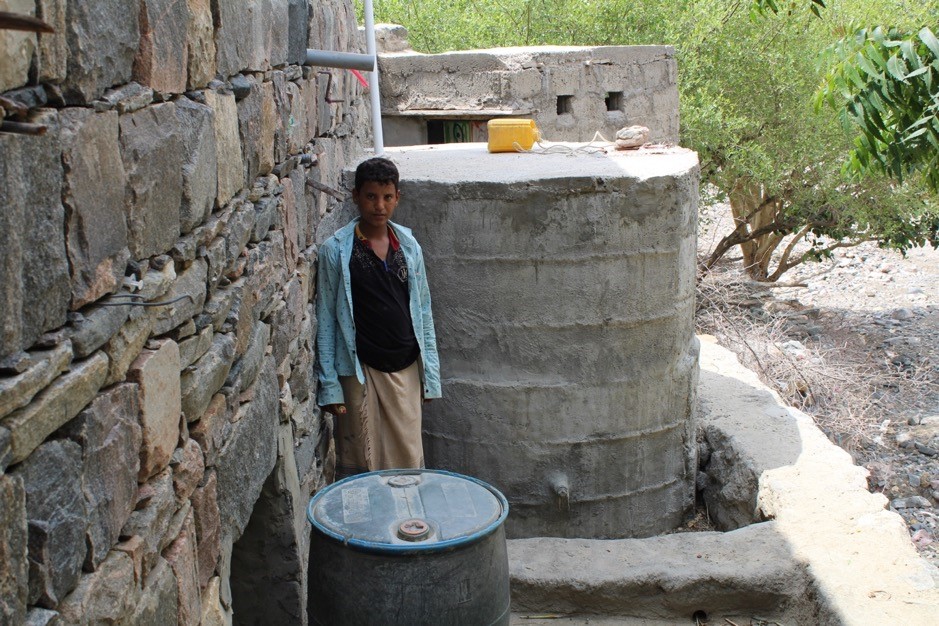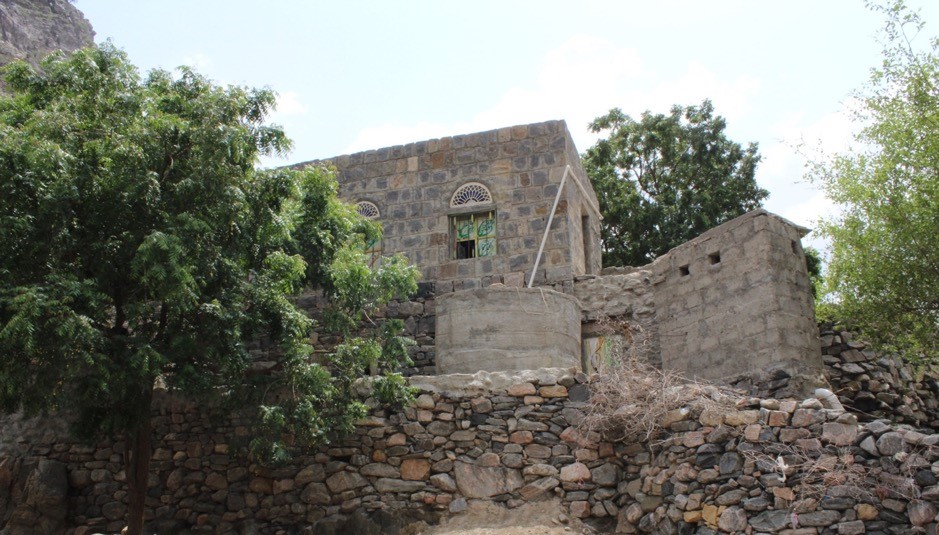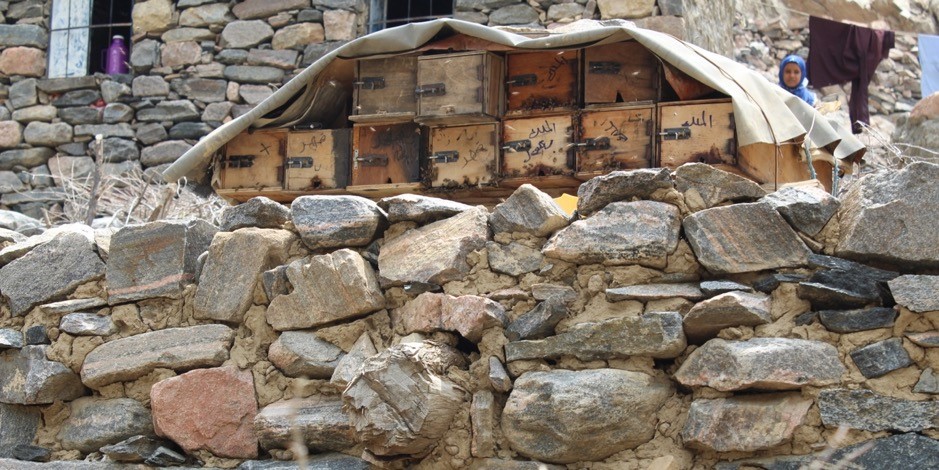Fahd Abdulmalik Hussain Othman is a young man of twenty-five years. He is providing for his family of seven in the village of Dabsan in Lahj governorate, an area that is known for its water scarcity. The family depends on water from old wells built centuries ago, and when the rains stop the wells become dry. Water sources are hundreds of meters away from villagers’ homes and there are no electric pumps to raise water from the ground.
When rain ceases to fall and wells dry up, the suffering of Fahd’s family increases as they are forced to spend most of their time searching for water. Without water they can’t do the simplest of things, like washing and cooking. The search for water is particularly hard for women and children who carry jerry cans on their backs and walk on rough, dangerous paths to find just one litre of water – enough for only one day. Children often have to drop out of school.
With funding from the European Union, CARE International implemented the Food Crisis Response Project in Yemen, distributing cash to the most needy families in Fahd’s village. The family received 73,000 Yemeni Riyals per month for seven months, and with this money Fahd was able to build a water tank near his house, overcoming the family’s water problem. When it rains and the tank fills up with clean water, they feel happy and protected.


